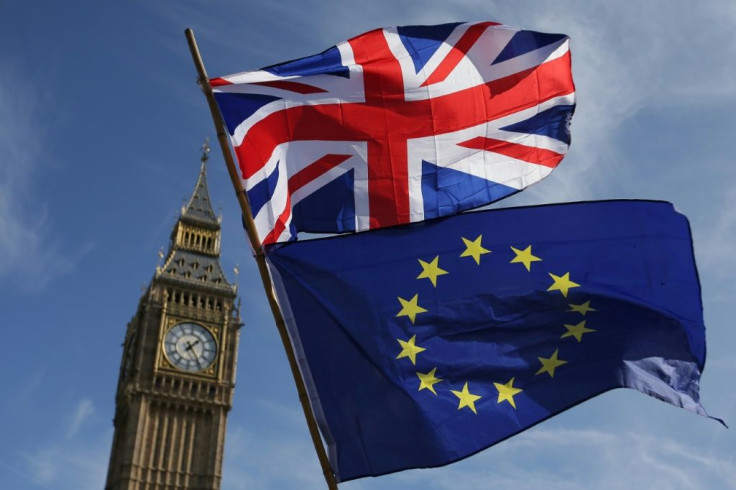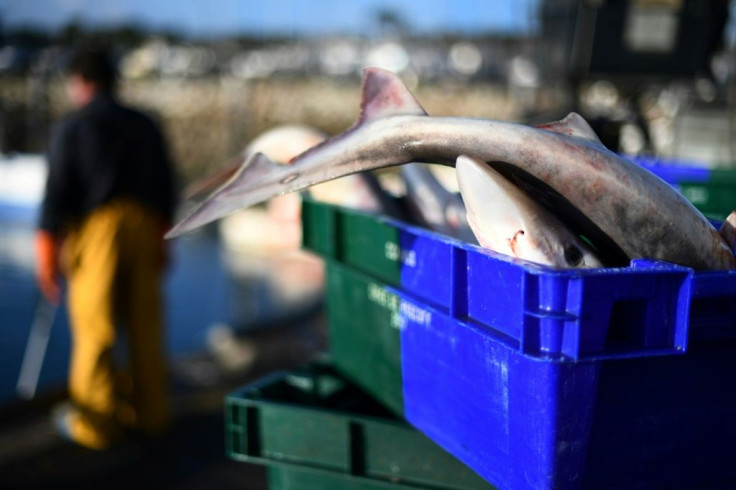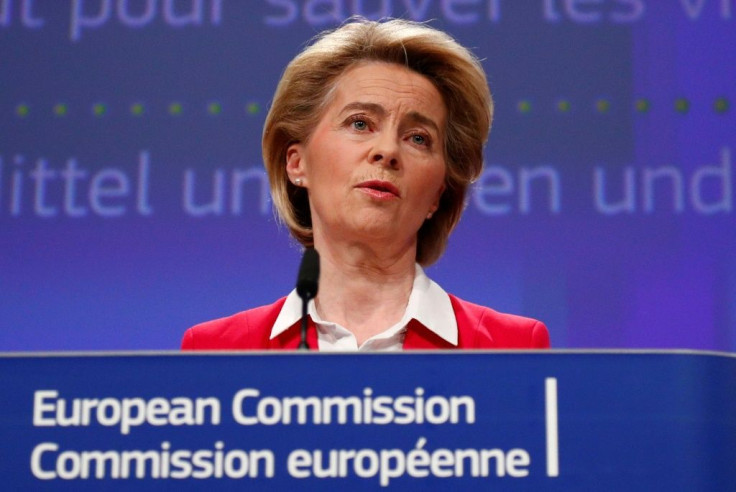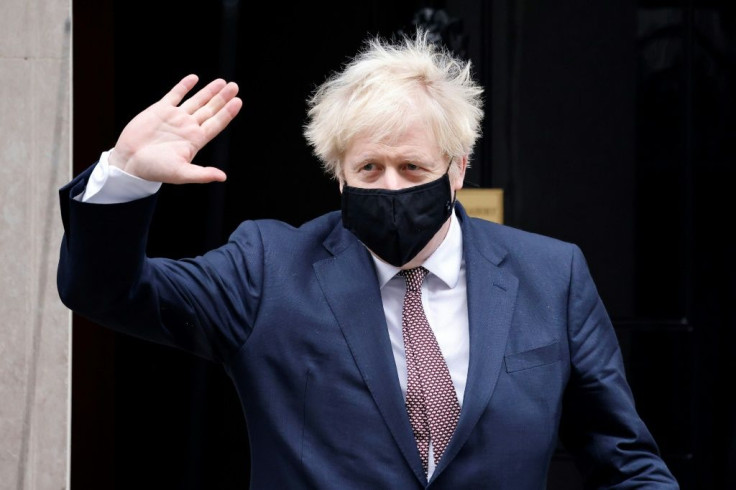Sticking Points As Johnson Joins Post-Brexit Trade Talks
Negotiations between Britain and Europe on their post-Brexit trade relationship are at a critical moment, with the end of a transition period just 24 days away.
As Prime Minister Boris Johnson prepares to head to Brussels in a final bid to break the logjam, here is a look at the three main sticking points fuelling fears of a "no deal" divorce and economic disruption on January.

EU fishermen have long had access to Britain's rich fishing waters -- in some cases for centuries -- and negotiators initially promised a quick deal to appease European fleets.
But inflexibility on both sides of the Channel made it impossible to reconcile two starting positions: demands for the status quo of full access to UK waters by the European side, and total control of access by London.

The fishing industry represents only a tiny part of both economies. Europeans each year catch fish worth 635 million euros ($738 million) from UK waters and Britain 110 million euros from EU waters.
But the subject is explosive for a handful of member states with politically influential fishing fleets -- France, Spain, Belgium, the Netherlands, Denmark and Ireland -- and hugely symbolic for pro-Brexit Britons.
The EU's negotiator, Michel Barnier, is trying to get the UK to accept a long-term arrangement in which EU access is cut by just 18 percent. The UK is asking for European access to be slashed by 80 percent.

Britain wants a trade deal that would bring zero tariffs and zero quotas to cross-Channel business. While Europeans are keen, they fear that this could allow the UK to become an offshore rival that makes its fortune with a deregulated economy that competes unfairly with EU businesses.

For example, would UK exporters be allowed to pollute more when producers on the continent would have to meet strict environmental standards at a time when the fight against climate change is a big deal in Brussels?
On the environment, as well as on labour law and tax, Brussels wants London to commit to maintaining existing standards -- something called a "non-regression" clause -- and that these standards should evolve over time in step with EU legislation.
On state aid, the EU fears that the UK might subsidise its businesses and economy, giving its companies an unfair advantage, when EU rules are very strict.
Brussels is calling for both sides to agree on shared principles governing state aid and wants London to establish an independent authority that would maintain policy links with Brussels.
The EU also wants EU businesses to be able to argue their case in UK courts and that in case of unfair regulations, Brussels could take rapid tariff-measures.
In eight months of negotiations, London and Brussels have still not been able to agree on the "governance" of the future agreement, meaning the conditions for its implementation, its monitoring, and the mechanisms to settle any disputes.
This became of paramount importance to Europeans after the government of Boris Johnson introduced a bill in the UK parliament that would reverse certain parts of the already concluded Withdrawal Agreement, which governs Britain's departure from the European Union on January 31 this year.
The about-face undermined Brussels' trust in London. The idea is to set up a dispute settlement mechanism similar to what exists in most trade agreements around the world.
The EU had wanted the EU's highest court, the European Court of Justice, to have its say in all matters of the future agreement relating to European law, but the UK refused this in the name of its sovereignty.
The UK is refusing an EU idea to set up so-called "cross-suspension" clauses which would allow sector-by-sector retaliation in case of a row.
The EU says that a violation of the deal on fishing, for example, could be resolved through retaliation to the other sides auto sector.
© Copyright AFP 2024. All rights reserved.





















